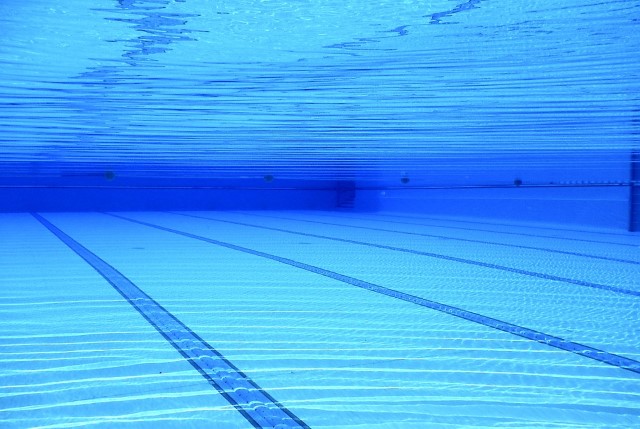Owning a pool provides endless fun and relaxation, but it also comes with significant responsibility. Safety should always be a top priority to prevent accidents and ensure a secure environment for your family and guests. Here are some essential pool safety tips every homeowner should follow.
1. Install Proper Barriers and Alarms One of the most effective ways to prevent unauthorized access to your pool is by installing physical barriers and alarm systems:
- Fencing: A self-locking, self-closing gate with a latch at least 4 feet high is recommended.
- Pool Covers: Use sturdy, safety-certified covers when the pool is not in use.
- Alarms: Door alarms, gate alarms, and water disturbance alarms can alert you if someone enters the pool area unexpectedly.
2. Supervise at All Times Never leave children or inexperienced swimmers unattended near the pool. Designate a responsible adult as the “water watcher” whenever swimming is taking place.
3. Teach Swimming and Water Safety Enroll children in swimming lessons at an early age and educate them about pool safety rules, such as:
- No running around the pool deck
- No diving in shallow water
- Always swimming with a buddy
4. Keep Safety Equipment Nearby Have essential safety equipment readily available, including:
- A first-aid kit
- Life rings or reaching poles
- A phone for emergency calls
5. Learn CPR Every homeowner with a pool should be CPR-certified. Knowing how to respond to an emergency can make a critical difference in saving a life.
6. Prevent Slips and Falls Use slip-resistant materials for the pool deck and ensure the surrounding area is kept dry and free from clutter.
7. Secure Pool Drains and Covers Ensure that pool drains have anti-entrapment covers to prevent hair or limbs from getting caught, which can lead to drowning incidents.
8. Establish Pool Rules Set clear rules for everyone using the pool, including:
- No rough play or pushing
- No glass containers near the pool
- Always use sunscreen to prevent sunburn
9. Monitor Weather Conditions Avoid using the pool during thunderstorms, heavy rain, or strong winds, as lightning and sudden weather changes can pose serious risks.
10. Regularly Maintain Your Pool Proper pool maintenance ensures water clarity and hygiene, reducing risks of infections and chemical imbalances. Regularly check:
- Chlorine and pH levels
- Pool filtration and circulation systems
- Any damages or loose tiles around the pool
Final Thoughts By implementing these pool safety measures, homeowners can create a secure and enjoyable swimming environment for their family and friends. Being proactive and prepared minimizes risks, ensuring that your pool remains a place of fun and relaxation rather than a safety hazard.

